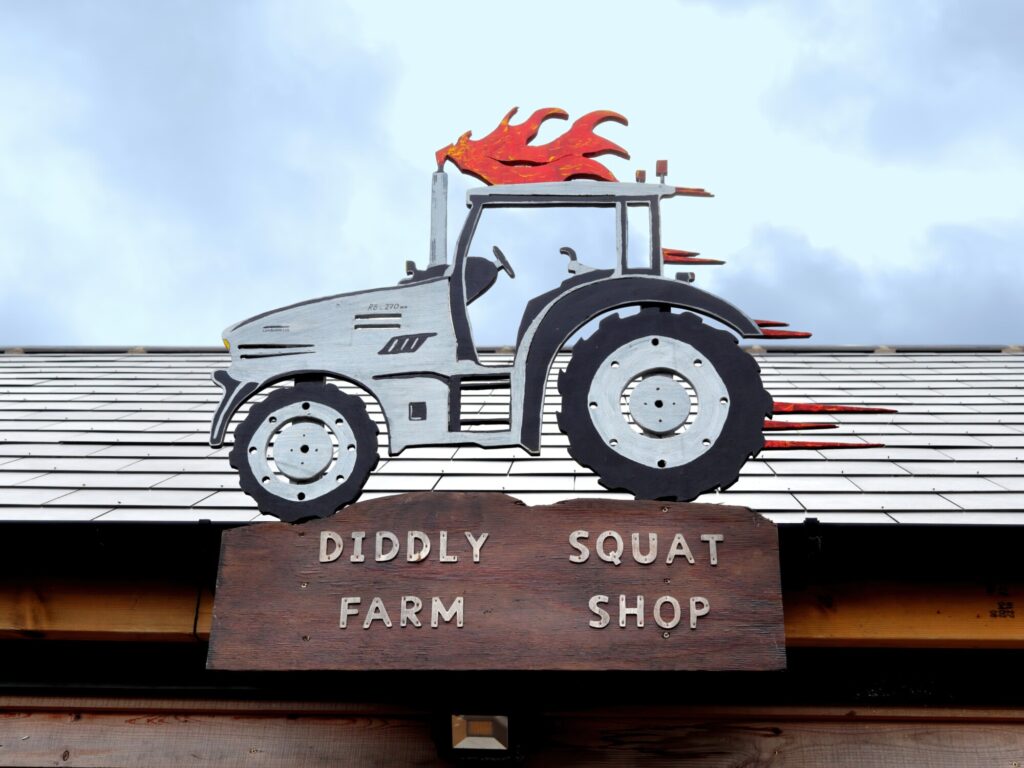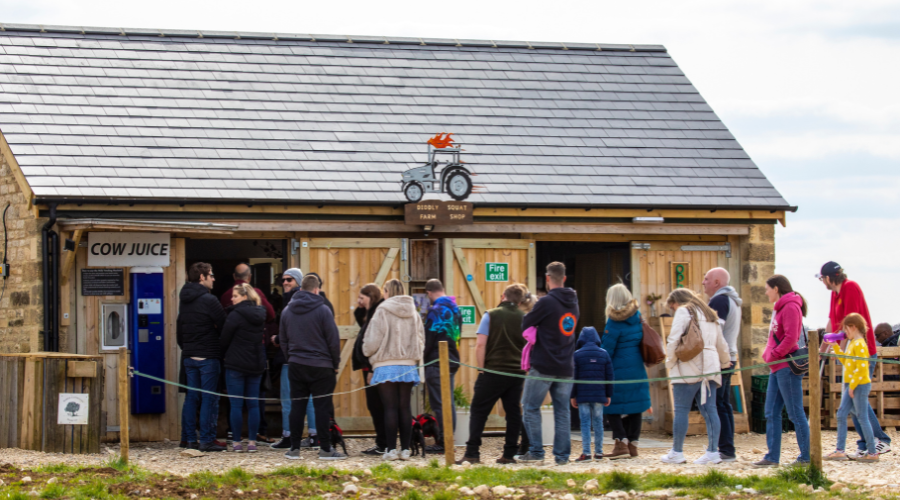Is Jeremy Clarkson ready for another planning battle?
5th January 2024
Jeremy Clarkson seeks permission to build a barn at the Diddly Squat Farm as the business has an “urgent need for additional grain storage”. This follows his multiple struggles to get the green light for a new restaurant, a car park, and a farm track on the well-known farm.
The TV celebrity previously disagreed with decisions made by West Oxfordshire District Council regarding planning proposals for his farm. The council was widely criticised and accused of treating Diddly Squat Farm unfairly after its bosses refused previous plans submitted by Mr Clarkson.
The proposed grain store would be 36m-long and 8.3m-high. Its design will allow two crops to be stored in separately divided areas. Using barriers, the farm will be able to create two bunkers to separate the spring barley and durum wheat.
The application reads that the building aims to support the agricultural operations of the Cotswolds farm as well as provide a useful addition to modern, innovative farming business that has food production at its core.

Additional storage “urgently” needed
Diddly Squat Farm currently grows up to six different crops and struggles with storing the grain. In the last two growing seasons, the farm has produced winter milling wheat, durum wheat, spelt, winter barley, spring barley, winter oats, echium and oilseed rape.
The original grainstore was built without the correct specification of grain walling and is too small to support the farm’s arable operations. The current building allows only to store winter wheat at the farm long-term post-harvest. Durum wheat is temporarily stored in the farm’s beef shed before being moved to FWP Matthews, local flour millers.

No wait and sell
Spring barley and oilseed rape both have to be sold at harvest, as there is no storage option. In the application, Mr Clarkson explains that the absence of storage for the farm’s crops significantly impacts the price realised by the farmer. He can only take the price on offer when the crop is taken, rather than wait and sell when the price is favourable.
Mr Clarkson said that the ability to store crops on the farm, including space to segregate different crops, is “essential to underpinning the ability to market within the farm shop”.
He added that third-party storage is expensive and harder to find. Last season, the farm experienced some losses as it failed to meet the requirements for malting the spring barley as it stayed in the field beyond being ripe.

